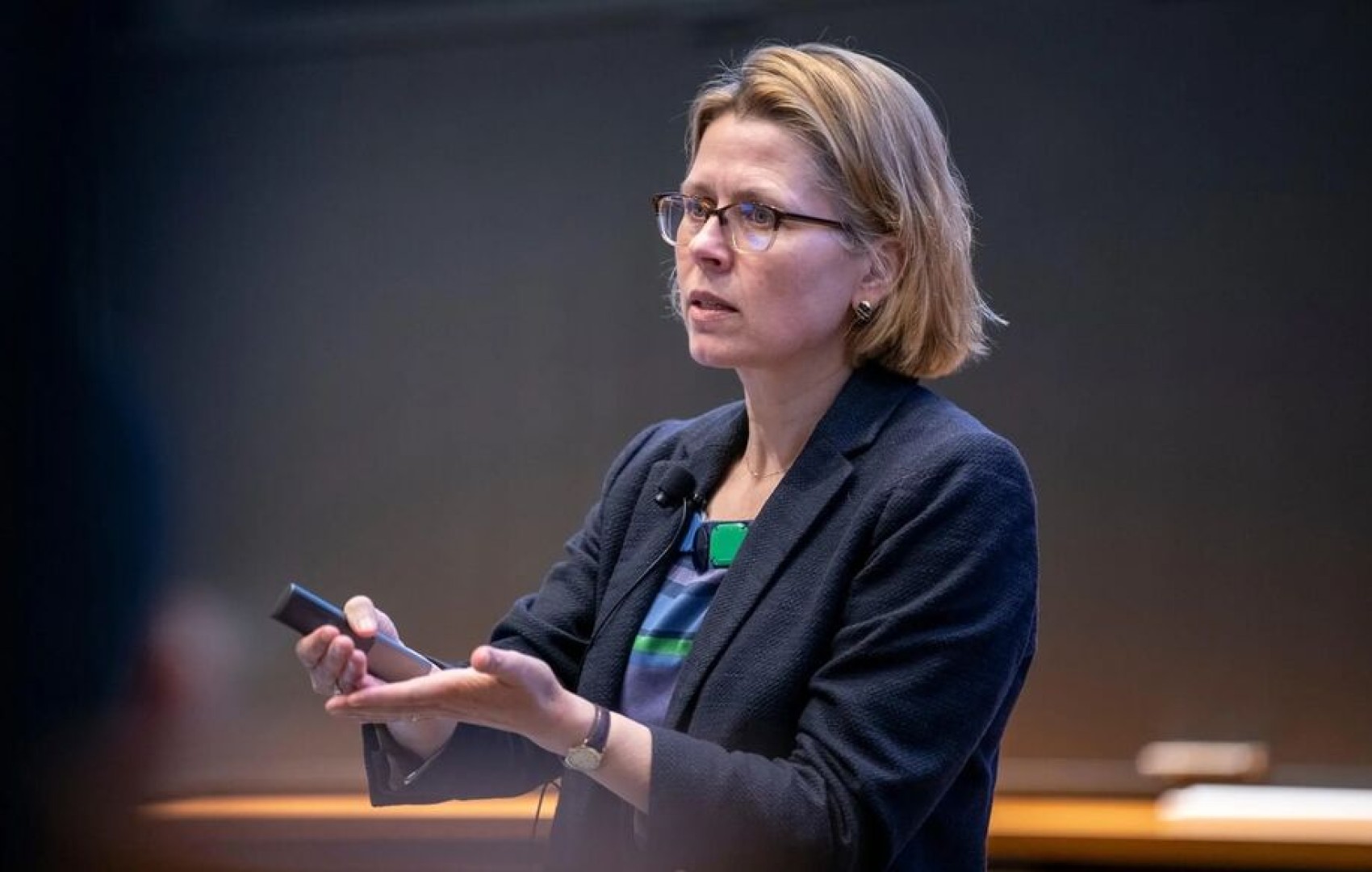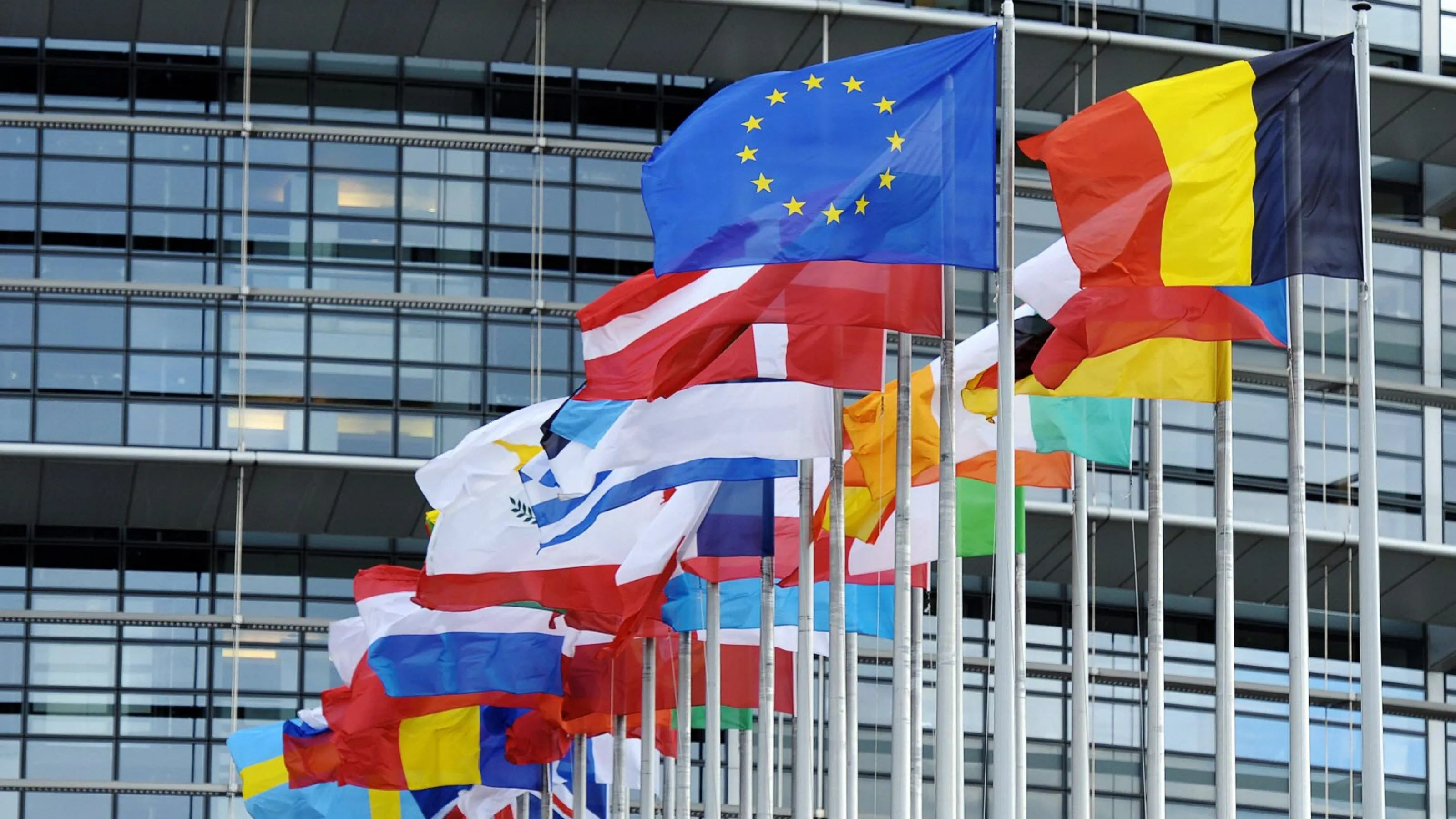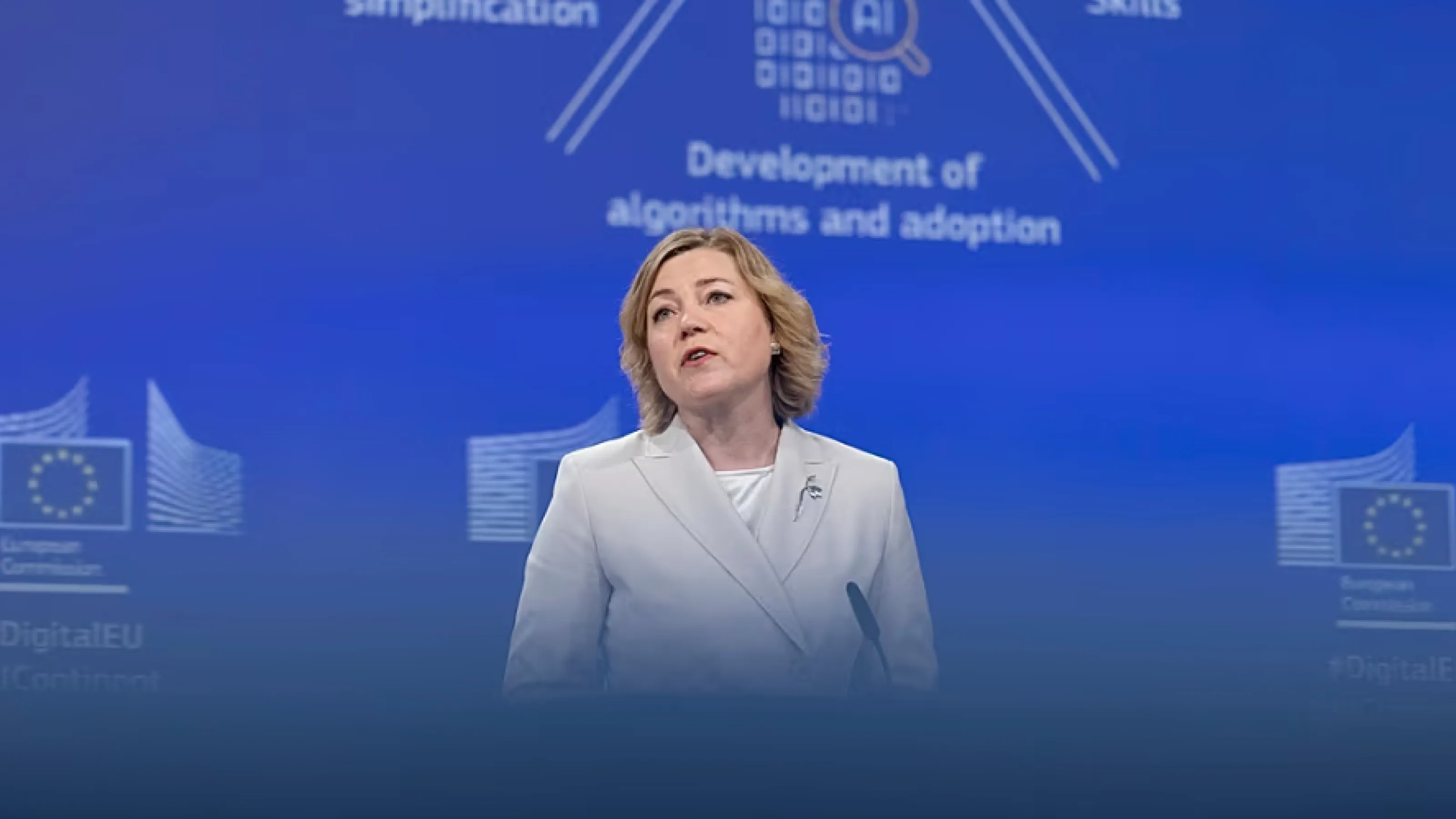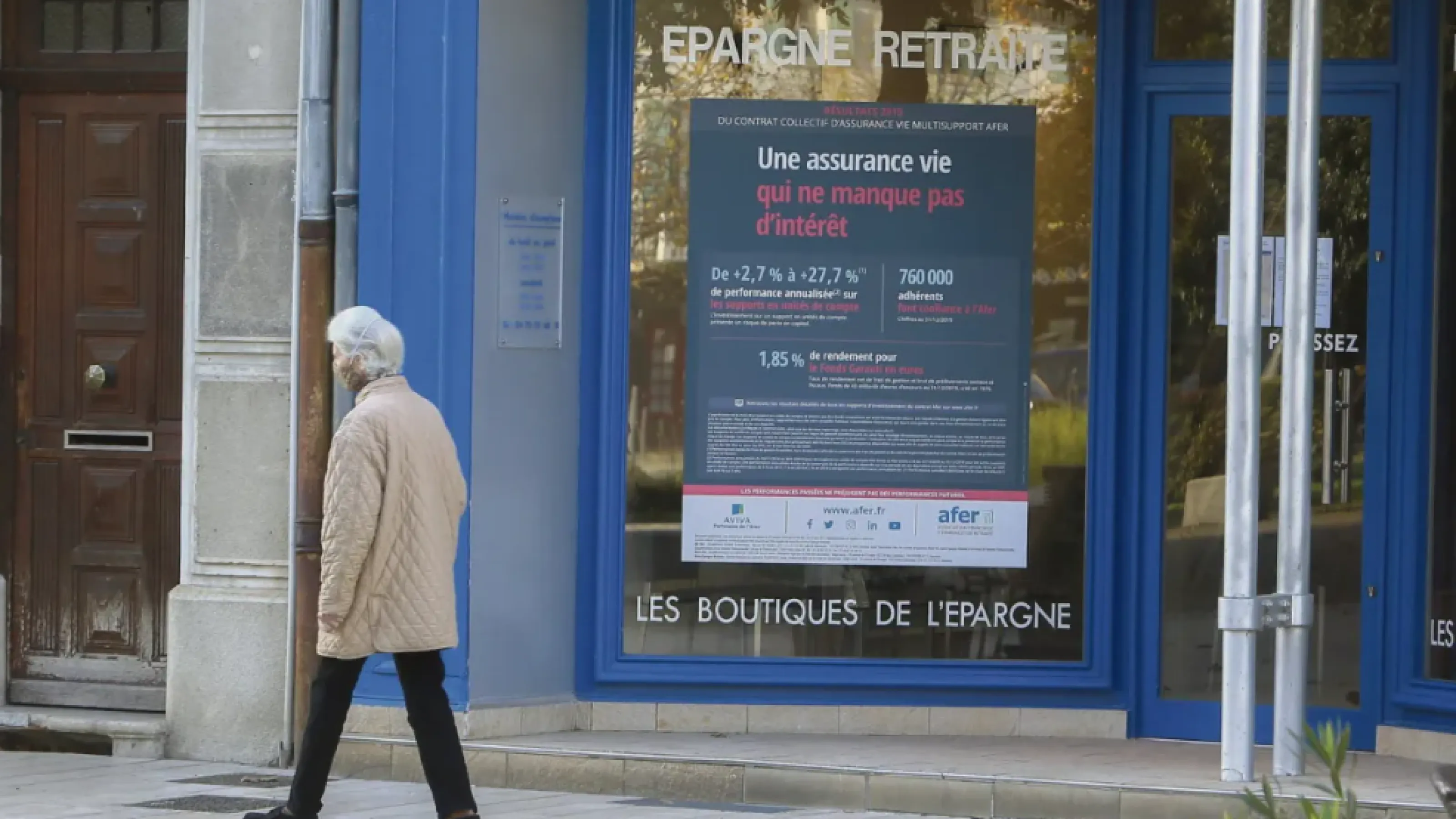Actualités
Euronews I Scott Morton, an American economist, withdraws from running for a key EU post after controversy

Fiona Scott Morton, an American economist, has withdrawn from running for a key EU post after controversy.
In a letter made public by Margrethe Vestager, the EU Commissioner in charge of competition, Scott Morton said that "given the political controversy that has arisen because of the selection of a non-European to fill this position, and the importance that the Directorate General has the full backing of the European Union as it enforces, I have determined that the best course of action if for me to withdraw and not take up the Chief Economist position."
A former competition economist for the US Justice Department who had also previously been involved with Big tech companies including Apple, Amazon and Microsoft, Scott Morton had been picked by the Commission earlier this month to become the new chief economist for the competition department (DG COMP).
The announcement that the high-profile job would be held by a non-European who had previously lobbied for some of the biggest companies in the world against which the Commission has opened cases was met with swift condemnation from members of the European Parliament as well as French ministers.
The Commission had however dismissed the criticism, ensuring she was the best person for the job.
'We have a very big problem'
But French President Emmanuel Macron jumped into the fray on Tuesday, insisting upon being asked on the topic that the European Union needs more strategic independence, and that the appointment implied there were no researchers of her caliber among the union's 27 member states.
"Is there really no great European researcher with academic qualifications that could do this job?” Macron asked at a summit of EU leaders with their Latin American counterparts.
"If we don't have any researchers of this level to be recruited by the Commission, it means that we have a very big problem with all European academic systems."
"I am very attached to reciprocity and I would be quite open to such a configuration if I saw the Americans hiring a European researcher to be at the heart of White House decisions or the Chinese doing the same. I note that the law prevents them from doing so," he also said.
Lastly, he argued she might not be as effective as conflicts of interest rules would prevent her from working on cases that involved companies she had previously worked for up to two years, or two-thirds of her three-year contract.
"I think that Europeans need to develop European skills, to have autonomy, and when I say strategic autonomy, I mean autonomy of thought. So you have to train minds, you have to use them and you have to acknowledge them, you have to give them a role and then you have to draw the consequences, and so this is not necessarily the most coherent decision in this respect," Macron added. '
Manageable' conflict of interest
Vestager, however, reiterated her support for Scott Morton shortly after Macron's comments during a hearing with the European Parliament Committee on Economic and Monetary Affairs (ECON) where she was grilled about the appointment process and conflict of interest rules.
She stressed that the job of chief economist in her department carried no decision-making powers and that the appointee would therefore not decide whether an anti-trust case could be opened or closed, whether a merger could proceed or not, or whether state aid could be approved.
She also defended Scott Morton's background as quite commonplace and as "fresh thinking" for the EU's executive, arguing that "if anything, experience in private companies should be an asset, not an inconvenience" and that "it is quite common in the academic world, that you have an academic track record and then you do consultancy work on the side".
The Commissioner insisted previous people in the position had also had to step aside on some cases because of that and that Scott Morton's conflicts of interest were "manageable". Claiming her previous consultancy work would render her job irrelevant was "simply wrong," Vestager said.
"What is the difference between the previous chief economist who is European and Scott Morton?" she asked MEPs. "The difference I see here is the passport."
She said on Wednesday morning that she has accepted Scott Morton's decision to withdraw from the position "with regret and full respect for her integrity."
"I also wish her all the best for the future, and that she will continue to use her extraordinary skill-set and expertise to push for strong competition enforcement and regulation on both sides of the Atlantic," she added.
MEPs from the ECON Committee appeared split over the announcement with Stephanie Yon-Courtin (France, Renew) saluting Scott Morton's decision as "the right one" whereas Rasmus Andresen (Germany, Greens) described it as "sad news and a problematic message to top experts from other parts of the world".
"Nationalism fails," he added.
Only 11 people had applied for the position when it was made public earlier this year despite Vestager securing a derogation allowing non-Europeans to vie for the role.
Four people had met the eligibility criteria, Vestager told MEPs, and only two, including Scott Morton, had been interviewed by her after a strict selection process. The other applicant was a European citizen, Vestager noted, without giving more details on who the person was.
L'article original ici.
 Stéphanie Yon-Courtin
Stéphanie Yon-Courtin


